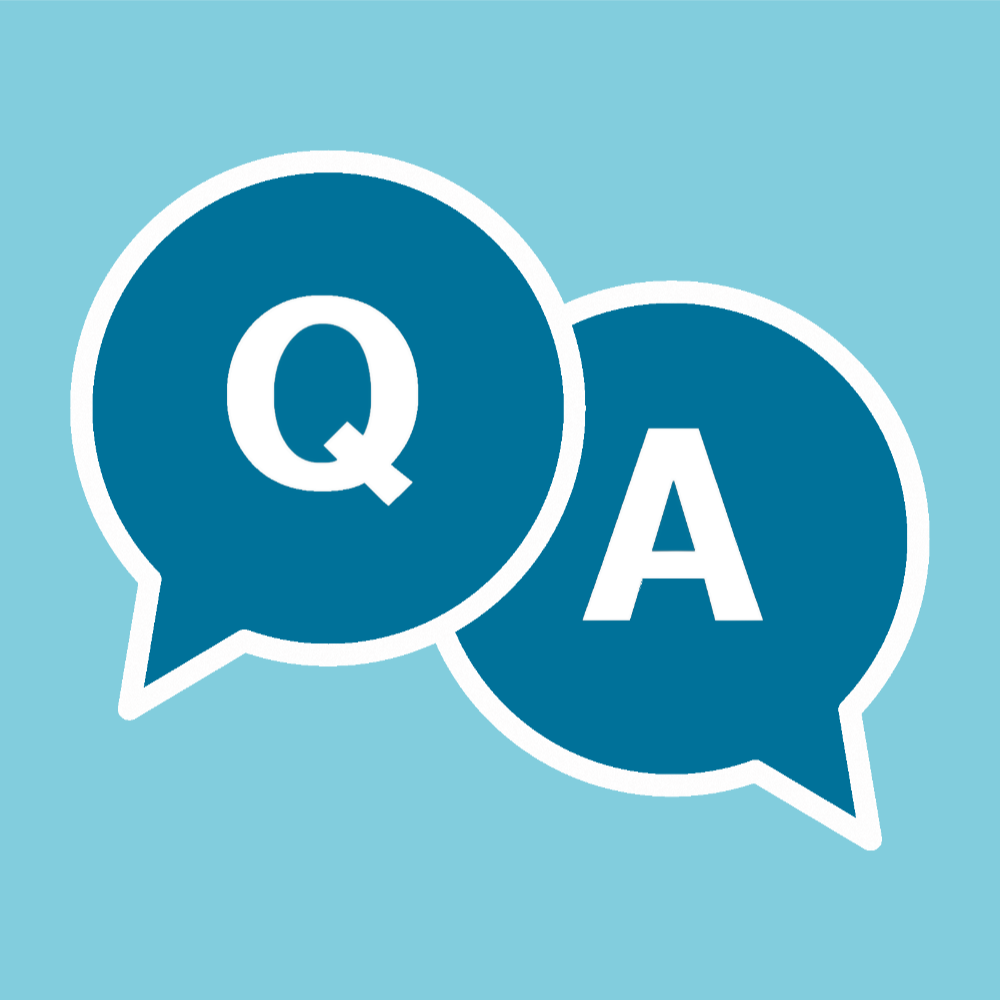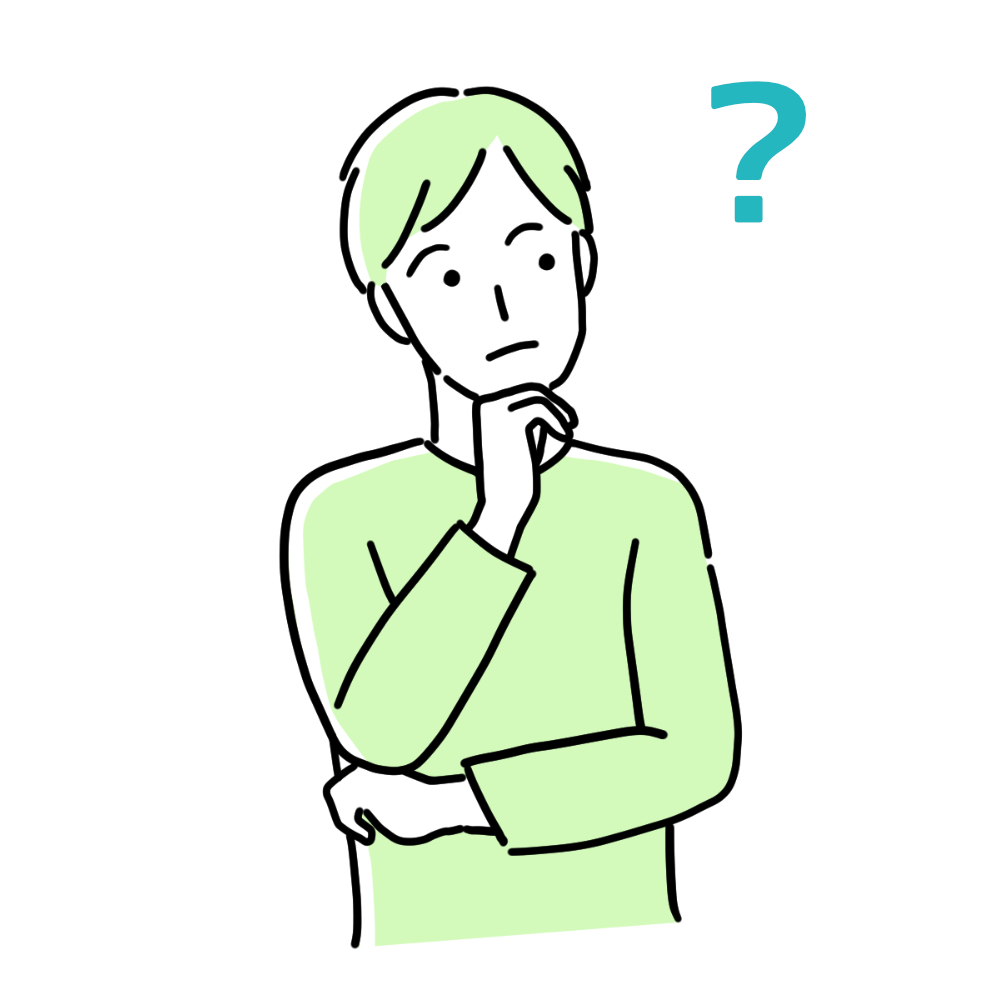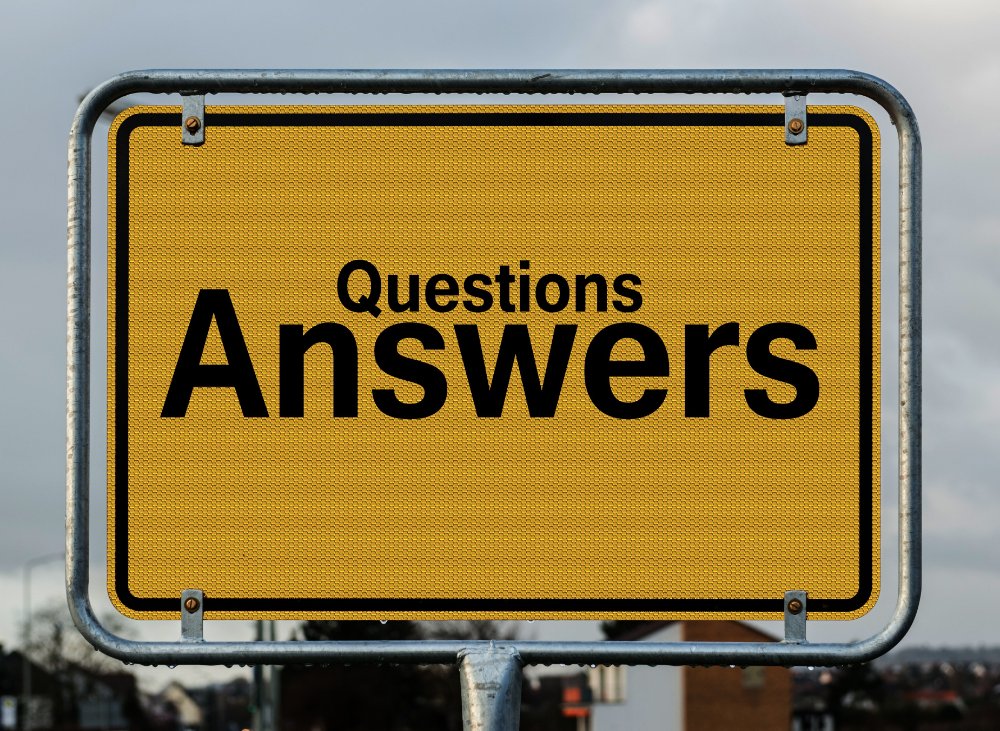Three Questions You Shouldn’t Ask at a Parkinson’s Disease Lecture
Several times a year, a research physician presents on Parkinson’s disease at a lecture meeting. Some ask excellent questions during the Q&A portion of the lecture, while others embarrass the presenting physician.
In this issue, I will address three questions that should not be asked at a lecture on Parkinson’s disease. They are as follows
(1) Ask about the pros and cons of your treatment.
(2) Asking questions that go beyond the primary purpose of the lecture
(3) Questions that are not questions.
Let’s take a closer look at why.
(1) Question the pros and cons of your treatment.

During the question-and-answer portion of a lecture, there are cases where a person with Parkinson’s disease asks a doctor who is working to determine the cause of Parkinson’s disease if his or her treatment is appropriate.
Since the doctor is a Parkinson’s disease researcher, he knows nothing about the inquirer’s treatment history, medication history, or test results. The doctor cannot answer the question about the pros and cons of treatment without knowing anything about the patient.
In addition, there are two types of doctors: those who treat patients and those who study the disease and elucidate its causes. Current primary care physicians know about the treatment of Parkinson’s disease patients themselves. Therefore, the patient’s treatment should be discussed with the attending physician.
(2) Asking questions that stray from the primary purpose of the lecture

The presenting professor has a limited amount of time to prepare his presentation and handouts for the primary purpose of the study. Asking questions that deviate from the primary purpose of the course itself is evidence that you did not listen carefully to the lecturer’s presentation, so be careful.
(3) The question is not a question.

Sometimes during the Q&A session, we see people who do not have coherent questions or end up talking about themselves. If you don’t have a clear idea of what you want to ask, it will be difficult for the teacher to answer your question.
Once you have organized what you want to ask, you should ask your question.
Listeners’ questions make the lecture more informative.

Listeners should listen carefully to the content of the lecture and speak with the lecturer during the Q&A session about any questions they may have, which will lead to a better understanding of the lecture. In some cases, the question-and-answer period may be short.
For this reason, try to keep your questions organized and brief.


